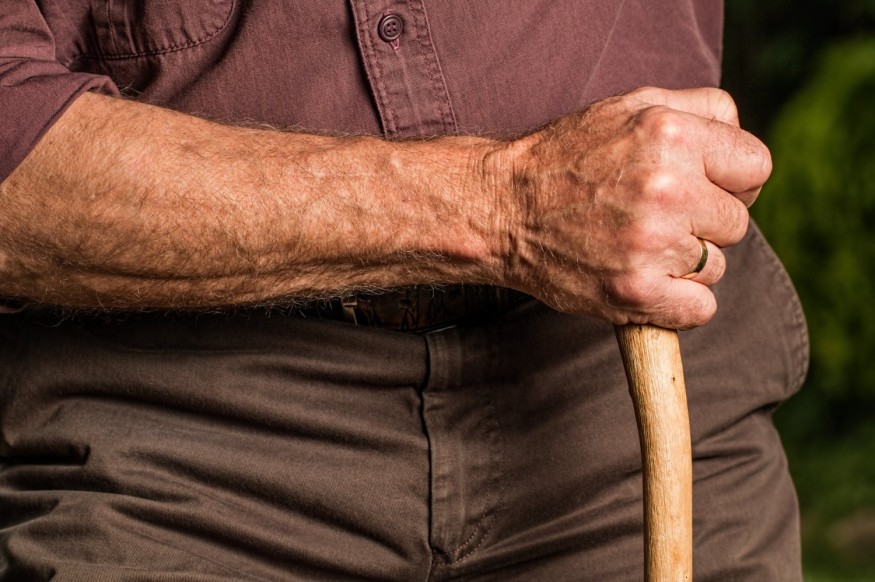A new study published in the journal Nature Communication suggests that an extended lifespan might be possible. The researchers were able to identify the maximum age that humans can live.
The study, "Longitudinal analysis of blood markers reveals progressive loss of resilience and predicts human lifespan limit," combines the data from blood analyses and information about the participants' physical exercise to identify the new measure of "biological age."
The team found an aspect of human longevity that plays a crucial role if humans live up to their maximum age. Surprisingly, it is neither a person's lifestyle choice nor disease.

The Key to Longevity
Researchers gathered data from analyses of blood samples from over 500,000 participants and combined these with the data from Fitbit of another smaller subset of participants.
Then they used the collected data to predict the onset of various diseases to determine the patterns of people's biological age that seemed to change over time.
IFL Science reported that researchers found one factor that affects the biological age which is the dynamic organism state indicator (DOSI).
Biological age is the age of the body's cells rather than the chronological age. It tells how far is the person in the aging process that involves the decline in function and makes the body susceptible to diseases, like cancer, neurological diseases, and heart conditions. This happens because the DNA replicates over and over which becomes more prone to error and diseases.
Unlike chronological age, biological age may dip and rise over time as it does not remains constant. To have an extended lifespan, biological age should be decreased and one way of doing that is through changing negative lifestyle habits.
Researchers explained that the rate of recovery from stress could become slower as a person ages, making it longer and longer to get back to the resilience base. Therefore, the key to determining longevity is the individuals' resilience to stress.
The Maximum Age humans Can Live
Inverse reported that researchers calculated that humans may be able to live for a maximum age of 150 years without addressing resilience. Beyond that age, the body's ability to bounce back deteriorates even further. Even the healthiest person who has lived for so long could not live past 150 years old because their resilience would have already depleted.
Peter Fedichev, the study senior author and researcher at the Moscow Institute of Physics and Technology, said that on average, those who live longer engage in a healthy lifestyle, like exercise and a good diet, and are often of high socioeconomic status. But those who live extraordinarily long have certain genes that predispose them to have an extended lifespan.
Fedichev recounts a story of a 105-year-old woman who had smoked all her life. So, she was often visited by longevity researchers and asked her whether she knows that smoking is bad or there were no doctors who told her about that. Her only response that a few doctors have told her of the ill effects of smoking but that all of them are dead now.
In short, lifestyle choices may help to have a long life but it does not always explain why some people live for so long. Researchers believe that resilience to stress might explain it.
Check out more news and information on Longevity in Science Times.











